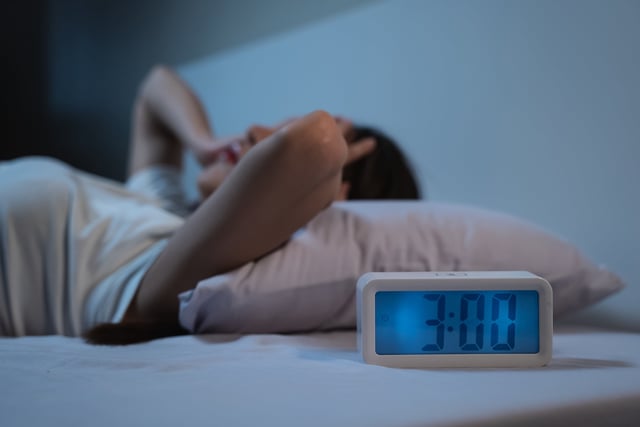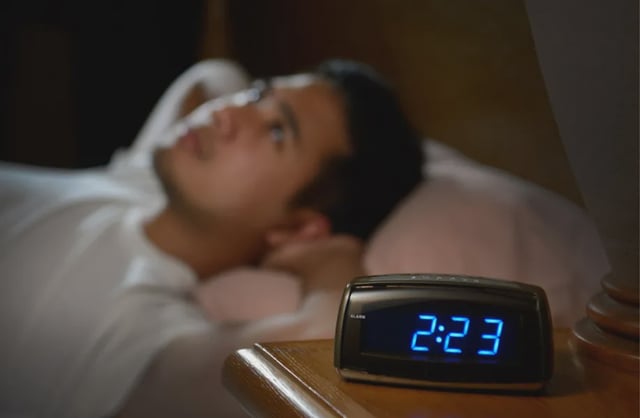Overview
- Specialists distinguish onset insomnia, marked by difficulty falling asleep, from maintenance insomnia, defined by nighttime awakenings with trouble returning to sleep.
- All major medical associations now endorse cognitive-behavioral therapy as the primary treatment for chronic insomnia, reserving medications as a last resort.
- Daytime interventions such as morning sunlight exposure, increased physical activity and a protein-rich breakfast help synchronize circadian rhythms and improve nighttime rest.
- Sleep hygiene measures—consistent bedtimes, screen curfews, controlled bedroom lighting and temperature—reduce environmental disruptions that trigger nocturnal awakenings.
- Natural remedies including lavender aromatherapy, targeted vitamin and mineral supplements, melatonin and pre-bed reading activate relaxation pathways without relying on pharmaceuticals.



